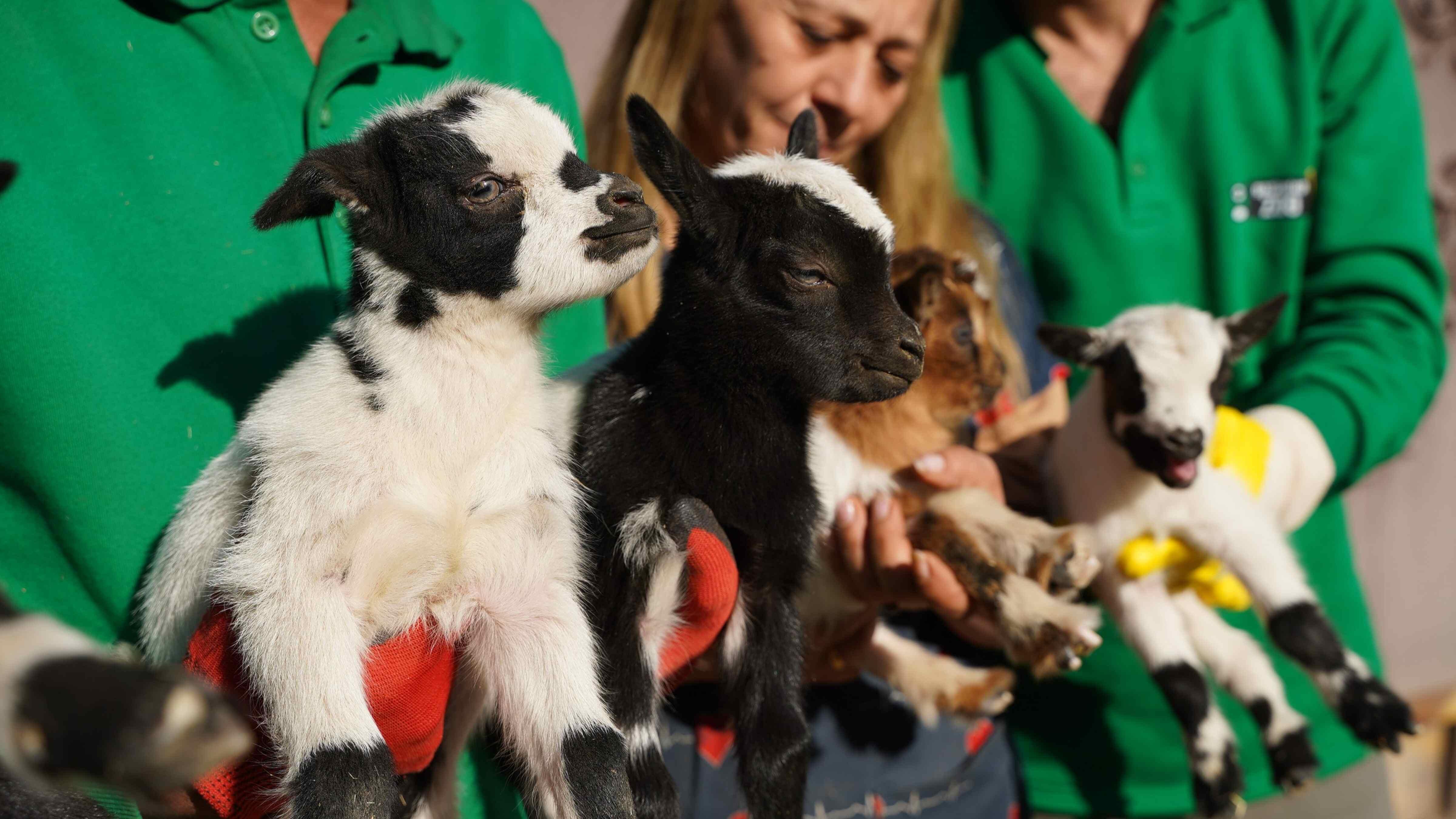Gaziantep Wildlife Park welcomes 1,100 offspring
GAZİANTEP

In a remarkable display of biodiversity, Gaziantep Wildlife Park — one of the largest and most species-rich zoos globally — celebrated the birth of 1,100 offspring across various species, ranging from kangaroos to wild sheep, over the past 10 months.
Established in 2001 by the Gaziantep Metropolitan Municipality in Burç Forest, Gaziantep Wildlife Park spans nearly 1 million square meters and is home to a diverse range of animals, including predators, kangaroos, red deer, monkeys, and lions.
As the largest wildlife park in Türkiye, the second largest in Europe, and the fourth largest globally, it has witnessed the birth of 1,100 offspring from 380 species over the past 10 months.
Celal Özsöyler, the head of the Department of Natural Life Protection at Gaziantep Metropolitan Municipality, said that the number of offspring increases every year.
Stating that 1,100 births occurred in many animal species since January, Özsöyler said: "Especially kangaroos, red deer and white deer, wild sheep and bison have had offspring. Last year, the number was a bit lower, but as the number of our offspring increases every year, the number of births also increases."
He expressed that the increase in the number of births is proportional to the balanced feeding of the animals and their happiness in the areas they live. Özsöyler added that this year’s increase demonstrates the animals' happiness.
Stating that there were 910 births last year and that this number has already been exceeded in 10 months this year, Özsöyler said: "Their food, water, vitamins and vaccinations are constantly monitored. Since we provide shelters suitable for their natural living conditions, they feel happy and the birth rates increase. The staff here have at least 19-20 years of experience. In this way, the animals instinctively connect with them, and the staff also forms a bond with them. Since the animals know they won’t be harmed, they feel comfortable, and this reflects in the birth rates."
Özsöyler added that it makes them happy to see the visitors showing interest in the offspring and that by the end of the year, the number of animals is expected to exceed 8,000.
















